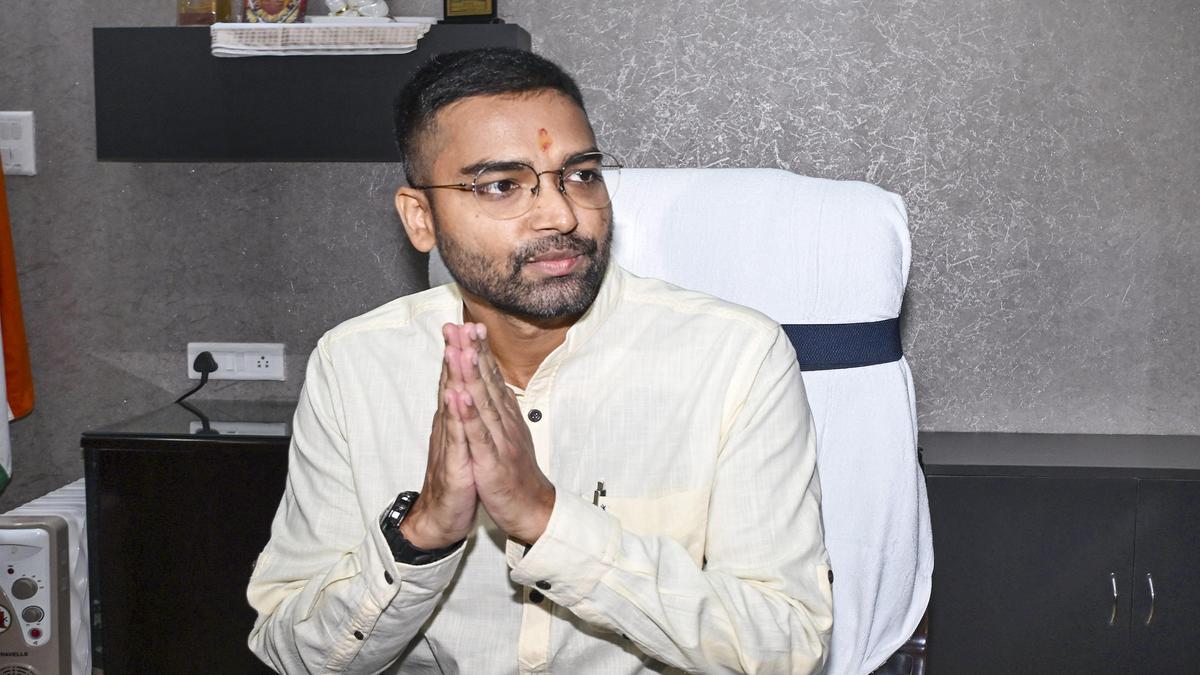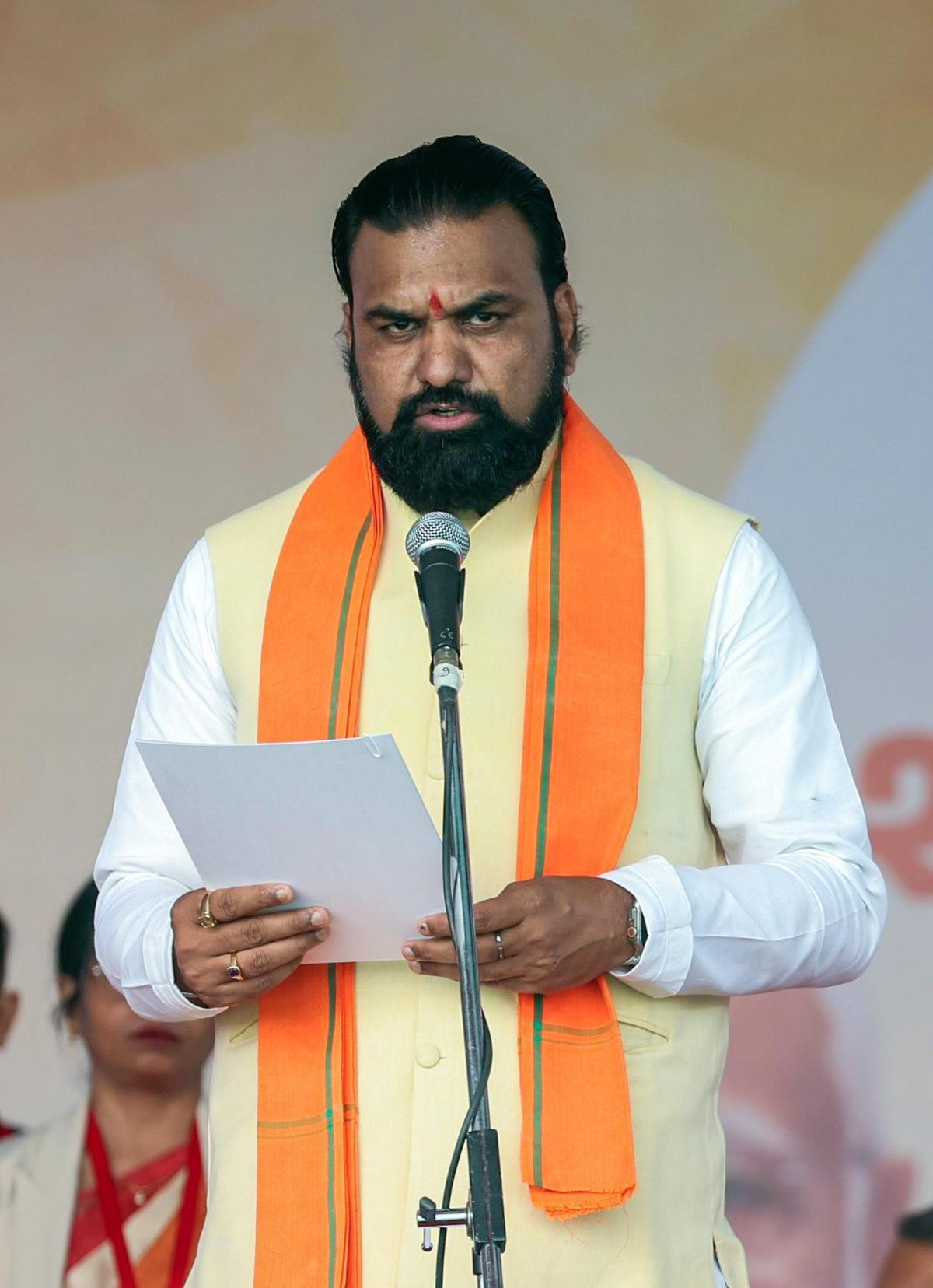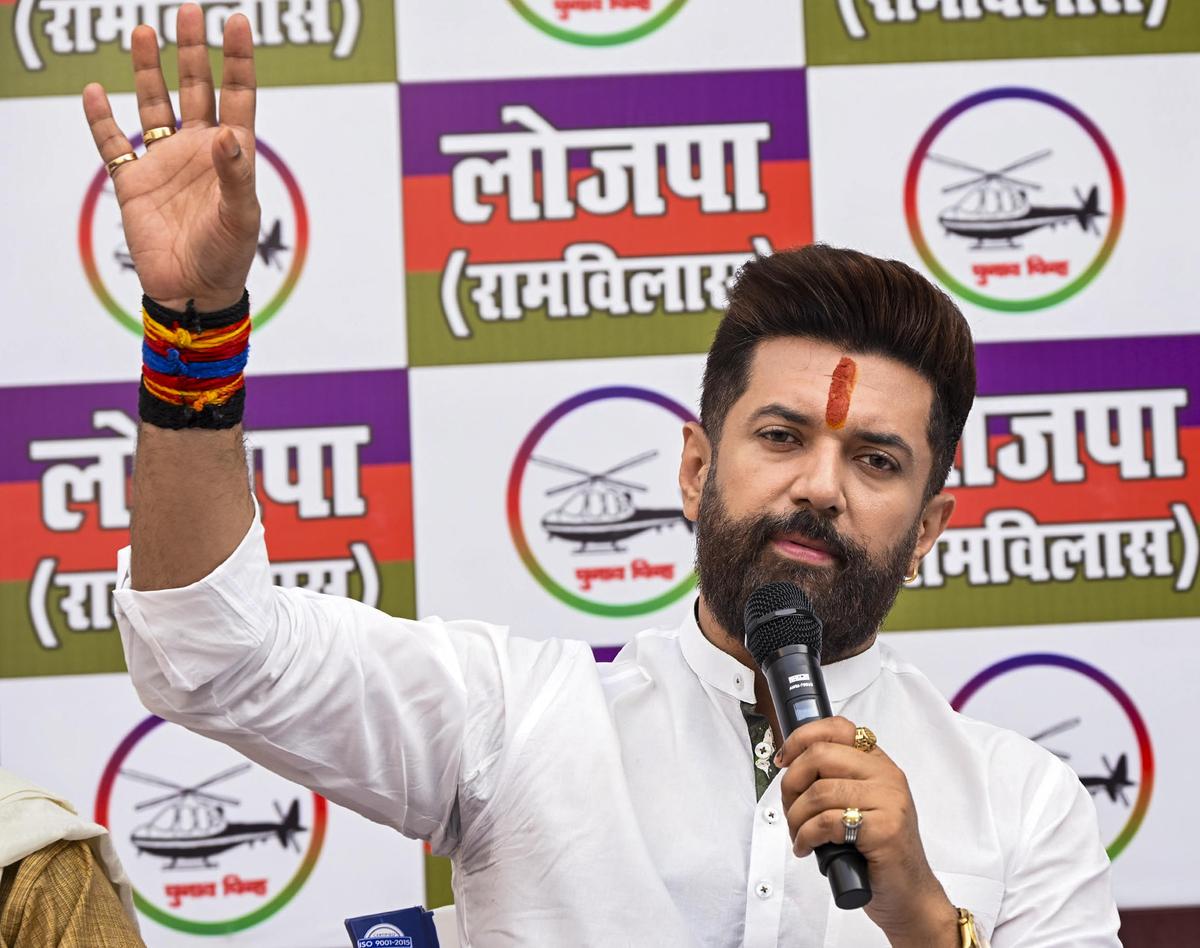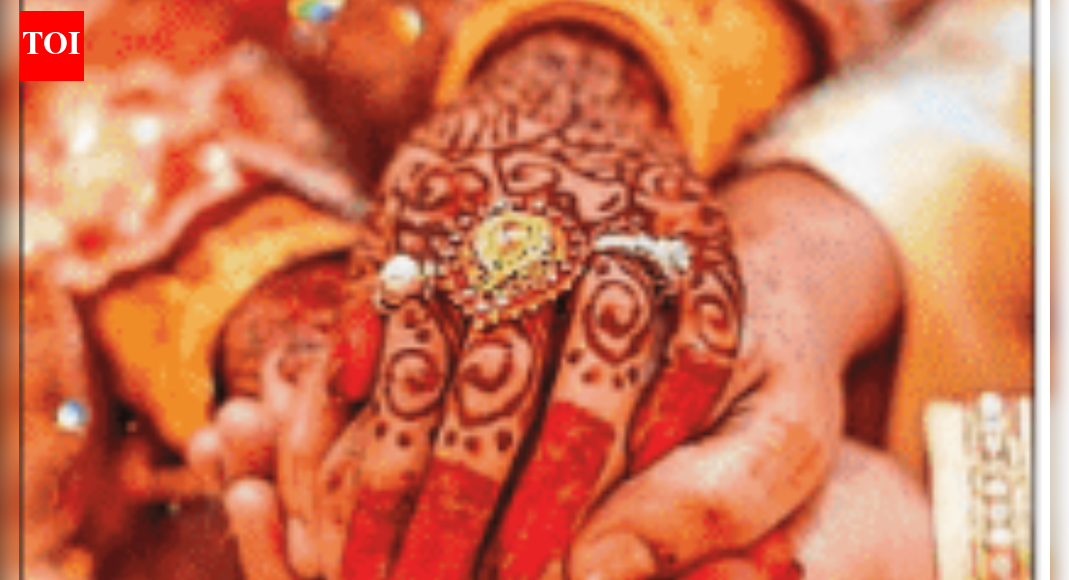Dynasty politics and votes: The family packs of Bihar

On November 20, Deepak Prakash, 36, took oath as Minister in the new Bihar government without contesting the recently concluded Assembly election. His father, Upendra Kushwaha, 65, is an MP who has spent over four decades in politics. His mother, Snehalata Kushwaha, contested the election from Sasaram and won. The family is part of the Rashtriya Lok Morcha (RLM), a regional party that contested six seats and won four.
The RLM is part of the National Democratic Alliance (NDA), which in Bihar is a conglomerate of three more parties: the Bharatiya Janata Party (BJP), Janata Dal (United), Lok Janshakti Party (Ram Vilas), and Hindustani Awam Morcha (Secular).

The RLM secured only one Ministerial post, which went to Prakash, who had helped his parents campaign. The software engineer, who graduated from MIT Manipal in 2011, has six months to get elected to the Assembly. “I am not new to politics. I have seen my father closely and also been active in politics since 2019,” he says. “As far as choosing me for the Ministerial post, my father would be a better person to respond about why the party made this decision.”
His father asks people not to look at either caste or family, but to “assess talent based on the calibre of the person”. He adds that many have come into politics because of their “family background” but have neither the knowledge nor interest to serve society.
Chief Minister Nitish Kumar, 74, in his 10th term now, whose son Nishant Kumar is not in politics, has always spoken out against dynastic rule. In fact, through the election campaign, Mr. Nitish even said his son and wife — when she was alive — had not stayed with him in his official bungalow. Yet, 10 of his 26 Ministers are from political families. This election saw parties from both sides of the political border — the NDA and the INDIA bloc — field family members.
Potential and promises
Kushwaha is a prominent leader of the Other Backward Classes (OBC) in Bihar and his community holds the second-largest chunk in terms of voter support, after the Yadavs. He acknowledges the iconic socialist leader and two-time CM, the late Karpoori Thakur, as his mentor, though Thakur never promoted his children.
Following backlash for promoting his son, Kushwaha put out a message on November 21 accusing critics of being “malicious and prejudiced”. “People have accused me of nepotism. This step was not just necessary but inevitable to save and sustain the party’s existence and future.” Without naming Rashtriya Janata Dal (RJD) leader Tejashwi Yadav, 36, Lalu Prasad Yadav’s son, who hasn’t finished school, he said, “Deepak Prakash is not a student who failed in school.” All that the electorate needs to do is “give him a little time to live up to their trust”, he said.
During the RJD’s rule, Samrat Choudhary was made Agriculture Minister in 1999 when he was not a member of either the Legislative Assembly or the Council. He was subsequently removed because of an age discrepancy. Samrat switched to the BJP about seven years ago, rising as an OBC leader, and is now the Deputy CM and the Home Minister in Nitish’s government. This is the first time in 20 years that Nitish has given this portfolio to someone else.
Samrat is the son of veteran Koeri leader Shakuni Choudhary. He contested the election after a gap of 15 years from the Tarapur seat. His father was an MLA from the Samta Party, switching to the Congress and later the RJD, representing Tarapur six times.

Samrat Choudhary is the Deputy Chief Minister of Bihar and son of Samta Party legislator Shakuni Choudhary. File
| Photo Credit:
ANI
The Hindustani Awam Morcha (Secular) saw its founder Jitan Ram Manjhi, 81, a Union Minister, give out tickets to his daughter-in-law Deepa Kumari, 38, who contested and won from the Imamganj seat; and her mother Jyoti Devi, 60, who won from the Barachatti seat. His son, Santosh Kumar Suman, 50, is a member of the Legislative Council and Minister in Nitish’s government.
In several campaign meetings, Deepa Kumari faced the question of family politics. She held her ground, saying her mother was given a ticket by the Janata Dal (United) in 2010. Her mother, she said, had dedicated herself to the SRI (system of rice intensification), an agro-ecological method of cultivation that uses less water but generates higher yield than the dominant method.
Deepa Kumari, who is from the Dalit community, said before her husband entered her life, she was a district councillor for five years. In her media interactions, she would quickly turn the focus on Lalu Prasad’s family, which she claimed did not start by working at the grassroots. Tejashwi was a cricketer before he entered politics. Lalu had made his wife, Rabri Devi, the CM overnight in 1997, when there were allegations of him being embroiled in the multi-crore fodder scam. She had no political experience then, but survived as a CM for seven years, she said.
From old hands to new
Another leader from Bihar who faced criticism for promoting his family members was the late Ram Vilas Paswan, who pushed his brothers Pashupati Kumar Paras, 73, and the late Ram Chandra Paswan into politics. His son and Union Minister Chirag Paswan, 43, from the Lok Janshakti Party (Ram Vilas), follows in his footsteps. His brother-in-law Arun Bharti, 49, is an MP from the Jamui Lok Sabha seat and during the Assembly election, he gave his nephew, Simant Mrinal, a ticket to contest from the Garkha Assembly seat. In 2019, out of six MPs from the party, three were from the Paswan family.
In an interview, Chirag had said, “I am a nepo kid; I can’t shy away from the fact…” He joked that he tried other professions but failed. He said it was a double-edged sword: if someone like him did well, it was attributed to his parents; if he didn’t, people would say he has sunk the family name.

Union Minister and Lok Janshakti Party (Ram Vilas) chief Chirag Paswan, son of party founder Ram Vilas Paswan, accepts the ‘nepo kid’ tag and calls its a double-edged sword. File
| Photo Credit:
PTI
Chetan Anand, 33, the son of former MP and don-turned-politician Anand Mohan, dubbed as Sher-e-Bihar in the Kosi region, won from the Nabinagar Assembly seat on a Janata Dal (United) ticket.
Chetan won the 2020 Assembly election on an RJD ticket from Sheohar seat, but joined the Nitish Kumar camp during the trust vote last year. His mother, Lovely Anand, 59, is a JD(U) MP from Sheohar Lok Sabha seat. Chetan has no hesitation in accepting that family politics is part of regional politics. “I started my political career when my father was in jail, and had no one’s support. I have made my political identity based on my hard work,” he says, adding that his mother became an MP much before his father did. “Let people decide whether the family member concerned is capable or not. People are wise enough to choose, and they always elect the right person irrespective of caste, religion, or whether they are from an influential family.”
Osama Shahab, 31, is another MLA with a family history of politics. He won the Raghunathpur seat on an RJD ticket. His father, the late Mohammad Shahabuddin, don-turned-politician, once spread terror not only in Siwan but in neighbouring districts like Gopalganj and Saran.
His father was a four-time parliamentarian from Siwan and two-time MLA from the Ziradei seat. Shahabuddin died while serving a life sentence in a double-murder case in Tihar jail in May 2021 during the COVID-19 pandemic. “You are calling it nepotism, but I see it as people’s support. My father is no more with me and despite that I have won the election. The good work he did for the people of Siwan is still in their minds,” Osama asserts.
‘The upper hand’
Sanjay Kumar, a former associate professor of Political Science at A.N. College, Patna, says compared with other candidates, the children of politicians have the upper hand as they get a well-established social and political set-up. “New candidates take time to win the trust of voters whereas politicians’ children already have a relationship with society. It’s a different thing that they are recognised both in a bad and good way,” he says.
For instance, Tejashwi has fought two consecutive elections with the ‘jungle raj’ tag attached to the family name despite the fact that he had nothing to do with it. However, because of his family, he gets the Muslim-Yadav vote bank.
In 2021, Prime Minister Narendra Modi called political dynasties the “biggest enemies of democracy”.


